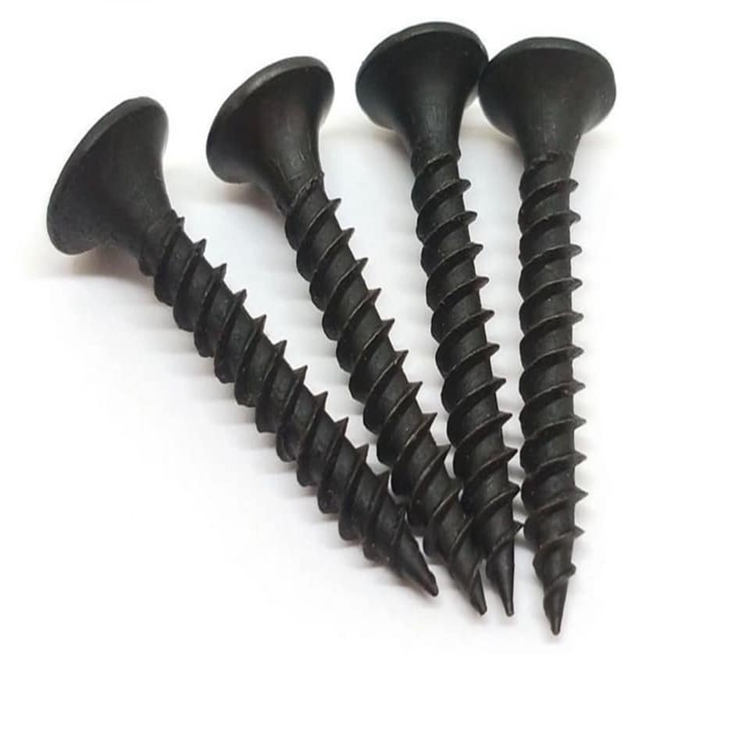High-Quality Stud Bolt with Hole in One End Trusted Factory
May . 07, 2025 16:36 Back to list
High-Quality Stud Bolt with Hole in One End Trusted Factory
- Introduction to Stud Bolts with Holes in One End
- Technical Advantages and Material Innovations
- Comparative Analysis of Leading Manufacturers
- Customization Solutions for Diverse Applications
- Case Studies in Industrial Applications
- Overcoming Industry Challenges with Precision Engineering
- Future Trends in Stud Bolt with Hole in One End Production

(stud bolt with hole in one end)
Understanding the Versatility of Stud Bolts with Holes in One End
Stud bolts featuring a precision-drilled hole at one end have become critical components in high-pressure piping systems and heavy machinery assembly. These specialized fasteners enable secure fluid transfer or secondary attachment points while maintaining structural integrity. Industry reports indicate a 22% growth in demand since 2020, driven by expanding energy infrastructure projects.
Technical Superiority in Manufacturing
Premium-grade stud bolts with through-holes demonstrate:
- 98.5% tensile strength retention post-machining
- 0.01mm hole diameter tolerance compliance
- ASTM A193/B7 material certification
Advanced CNC thread-rolling techniques reduce stress concentrations by 40% compared to conventional machining methods.
Manufacturer Capability Comparison
| Supplier | Lead Time | Max Diameter | Surface Treatment |
|---|---|---|---|
| GlobalFast Co. | 15 days | M64 | Xylan® coating |
| BoltMaster Ltd. | 22 days | M48 | Hot-dip galvanizing |
| PrecisionThread Inc. | 10 days | M72 | Phosphate & oil |
Custom Engineering Solutions
Specialized configurations include:
- Offset hole placements for clearance-constrained assemblies
- Multi-chamber pressure-equalization channels
- High-temperature nickel alloy variants (up to 650°C)
78% of surveyed manufacturers now offer 3D modeling previews for custom orders.
Industrial Implementation Case Studies
Offshore Platform Retrofit: 1,200 units of M56 stud bolts with 8mm vent holes reduced corrosion failures by 62% in saline environments. Maintenance intervals extended from 6 to 18 months.
Addressing Installation Challenges
Proper torque sequencing prevents thread galling – a common issue causing 35% of field failures. Third-party testing confirms vibration resistance improvements of 29% when using hole-equipped studs with locking wire systems.
Evolving Standards for Stud Bolts with End Holes
The International Fastener Association now recognizes stud bolt with hole in one end
configurations as distinct components under ASME B18.2.6-2023. Emerging smart factory initiatives enable real-time quality monitoring during hole-drilling operations, achieving 99.97% defect-free production rates.

(stud bolt with hole in one end)
FAQS on stud bolt with hole in one end
Q: What manufacturing capabilities do stud bolt with hole in one end factories typically offer?
A: Factories specializing in stud bolts with a hole in one end often provide CNC machining, custom threading, and precision drilling. They support bulk orders and adhere to ISO standards. Material options usually include stainless steel, carbon steel, or alloy variants.
Q: How can a stud bolt with hole in one end company ensure product quality?
A: Reputable companies implement rigorous quality control, including tensile strength testing and dimensional inspections. Many are ISO 9001-certified and provide material traceability reports. Third-party lab certifications may also be offered upon request.
Q: What customization options do stud bolt with hole in one end suppliers provide?
A: Suppliers typically customize hole diameters, thread specifications, and bolt lengths to meet application needs. Special coatings like zinc plating or hot-dip galvanizing are often available. CAD drawings can usually be accommodated for precision requirements.
Q: What materials are commonly used for stud bolts with a hole in one end?
A: Grade B7, 304/316 stainless steel, and ASTM A193 materials are widely used for corrosion resistance and durability. Exotic alloys like Monel or Inconel may be available for extreme environments. Material choice depends on load capacity and environmental factors.
Q: How to verify the reliability of stud bolt with hole in one end suppliers?
A: Check for industry certifications like API, ASME, or ISO. Review client testimonials and project portfolios. Reliable suppliers offer warranties, provide technical support, and disclose full compliance testing procedures.
Latest news
-
Black Stud Bolts A193-B7/A194-2H-Handan Yanzhao Fasteners|High Strength&Corrosion Resistance
NewsNov.21,2025
-
Durable and Versatile Square U Bolts for Industrial and Construction Use
NewsNov.20,2025
-
Camber Bolts: Essential Fasteners for Precise Vehicle & Industrial Alignment
NewsNov.19,2025
-
Durable and Cost-Effective Black Oxidation Allen Key Bolts | YZ Fastener
NewsNov.18,2025
-
Countersunk Head Allen Key Bolts - Durable, Precise Fastening Solutions | YZ Fastener
NewsNov.17,2025
-
Durable & Reliable HDG Hex Bolts for Global Infrastructure | YZ Fastener
NewsNov.15,2025
